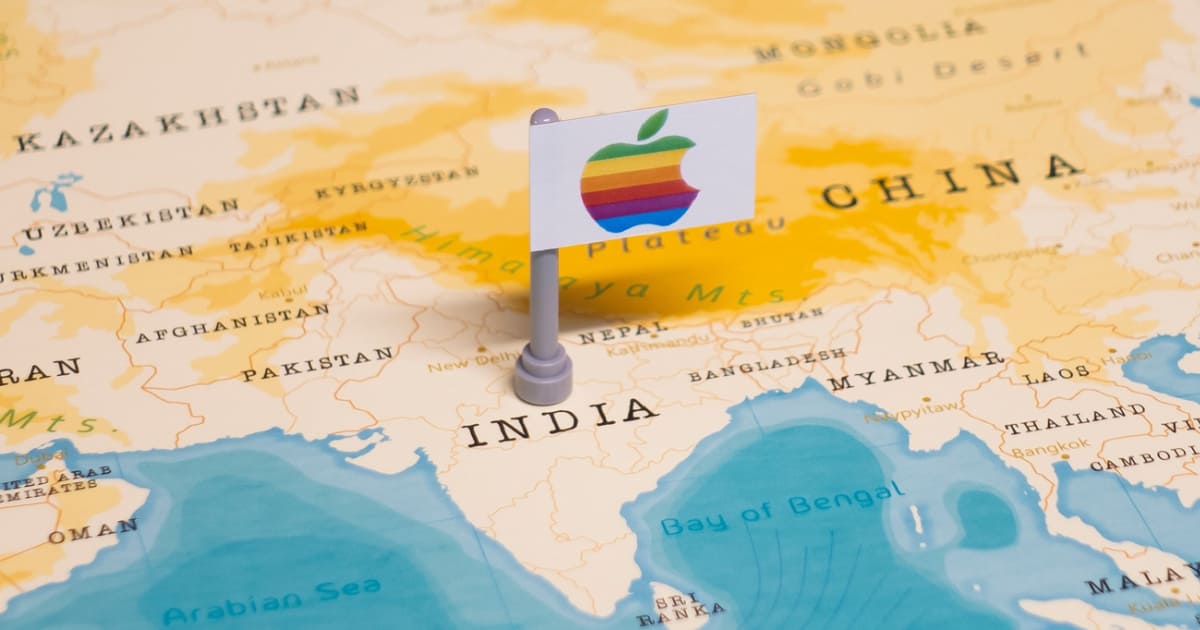Apple Pay celebrates its 10th anniversary. Despite its global success and widespread adoption, the service remains unavailable in India, one of Apple’s fastest-growing markets.
Jennifer Bailey, Apple’s vice president of Apple Pay and Apple Wallet, recently released a statement reflecting on the service’s journey. She highlighted Apple Pay’s presence in 78 markets worldwide, with support from over 11,000 bank and network partners. The service is now used by hundreds of millions of consumers for transactions in stores, websites, and apps globally.
User satisfaction with Apple Pay is notably high. According to Apple’s data, 90% of users appreciate its ease of use, 88% value its privacy features, and 87% cite its security as a key benefit.
In the U.S., 85% of customers report being very or extremely satisfied with the service, and 98% are likely to recommend it to others.
These are (and could be) some of the reasons why it’s not functional in India:
- India’s regulations require payment data to be stored locally, which conflicts with Apple’s global data storage practices, as per Cashify.
- India’s Unified Payments Interface (UPI) mandates a four—or six-digit PIN for payment authorization, while Apple Pay relies on biometric authentication.
- India’s digital payment space is already highly competitive, with established players like Google Pay, PhonePe, and Paytm dominating the market.
- Apple has concerns about sharing customer data with the Indian government, as required by local regulations, as per this Reddit post.
Earlier this year, there were rumors that Apple Pay might launch in India with iOS 18, but that didn’t turn out to be the case.
As Apple Pay enters its second decade, its expansion into key markets like India could be crucial for maintaining its growth trajectory and global influence in digital payments.
